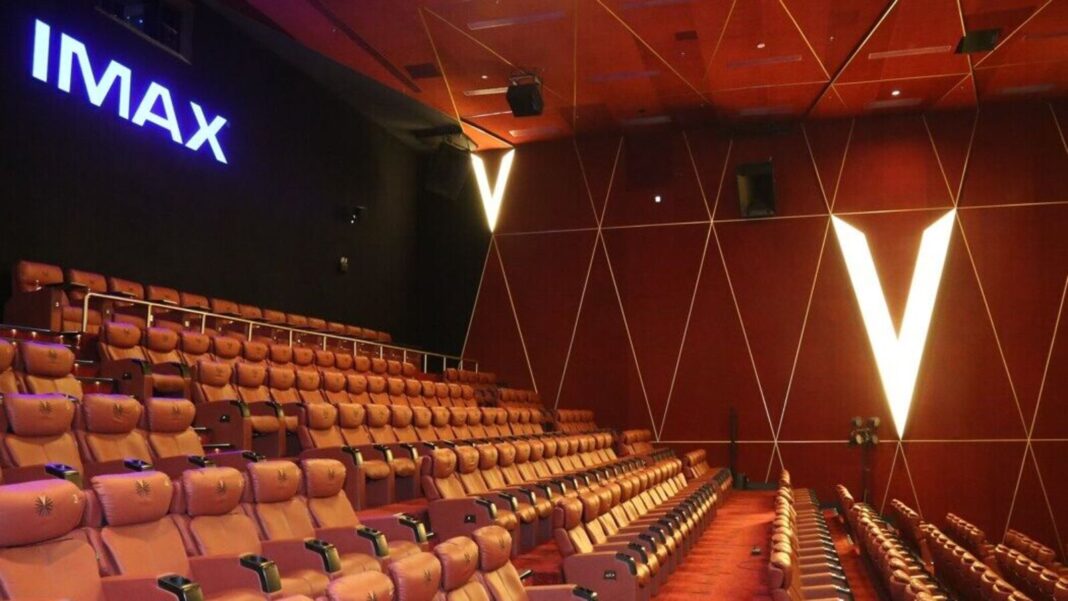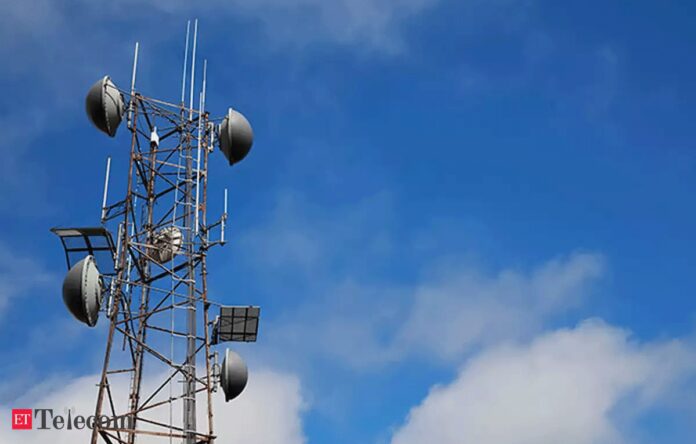In Short:
Indian IMAX and 3D screens are now showing local films rather than just Hollywood movies, providing new experiences for viewers and benefits for movie-makers. While audiences enjoy immersive experiences, the visual quality of films shot in these formats versus those converted post-production varies. The popularity of premium formats is increasing, with higher ticket prices, but some believe it’s more of a marketing strategy.
Welcome to the New Era of Indian Cinema
NEW DELHI: For a long time, Hollywood ruled India’s IMAX and 3D screens, offering immersive viewing of movies rich in action and special effects. Now, local fare is gracing these premium formats, bringing differentiation for the movie-makers and new experiences for the movie lover.
Making Waves in IMAX
Local titles like Animal, Maidaan, and Bade Miyan Chote Miyan have released in IMAX screens over the past few weeks, also benefiting the owners of these formats who only have a limited number of Hollywood films to screen every year.
Enhancing the Theatrical Experience
Sometimes, movie makers release in 3D or IMAX even if the storyline does not require them, said **Devang Sampat**, managing director of multiplex chain Cinepolis India. This marketing approach aims to enrich the overall theatrical experience for audiences and distinguish the film from standard releases.
According to Sampat, a key reason for this shift is the audience’s growing appetite for immersive, larger-than-life cinematic experiences. Films shot in the intended format often offer a more authentic and immersive experience due to the inherent capture of depth and detail during filming.
Premium Formats and Ticket Prices
Meanwhile, the premium formats command higher ticket prices too. While a regular ticket for Maidaan could cost ₹300-400, an IMAX version would cost ₹600-1,000. In Mumbai, IMAX tickets for Oppenheimer were sold above ₹2,000 at premium theatres last year.
Expanding the Horizon
Last year, IMAX India revenues crossed $20 million, surpassing the earnings of the previous year. Popular Indian films like Ponniyin Selvan: Part Two, Salaar Part-1 Ceasefire, Tiger-3, Bholaa, and Jawan have been adapted for IMAX formats, while Pathaan became the first Bollywood film entirely shot in IMAX.
The Future of Cinema
Releasing films in premium formats should be seen as a conscious effort to ensure larger-than-life experiences for viewers in cinemas, said **Amit Sharma**, managing director of Miraj Entertainment Ltd. Miraj recently tied up with IMAX Corp. to install three new IMAX screens at key locations, enhancing the movie-watching experience for audiences.
Challenges and Growth
However, film trade experts caution that it may not make financial sense to shoot in IMAX or convert too many existing films into these formats in India due to the limited number of screens. Despite the challenges, the trend of utilizing premium formats in Indian cinema is on the rise, offering viewers a more immersive and engaging experience.





